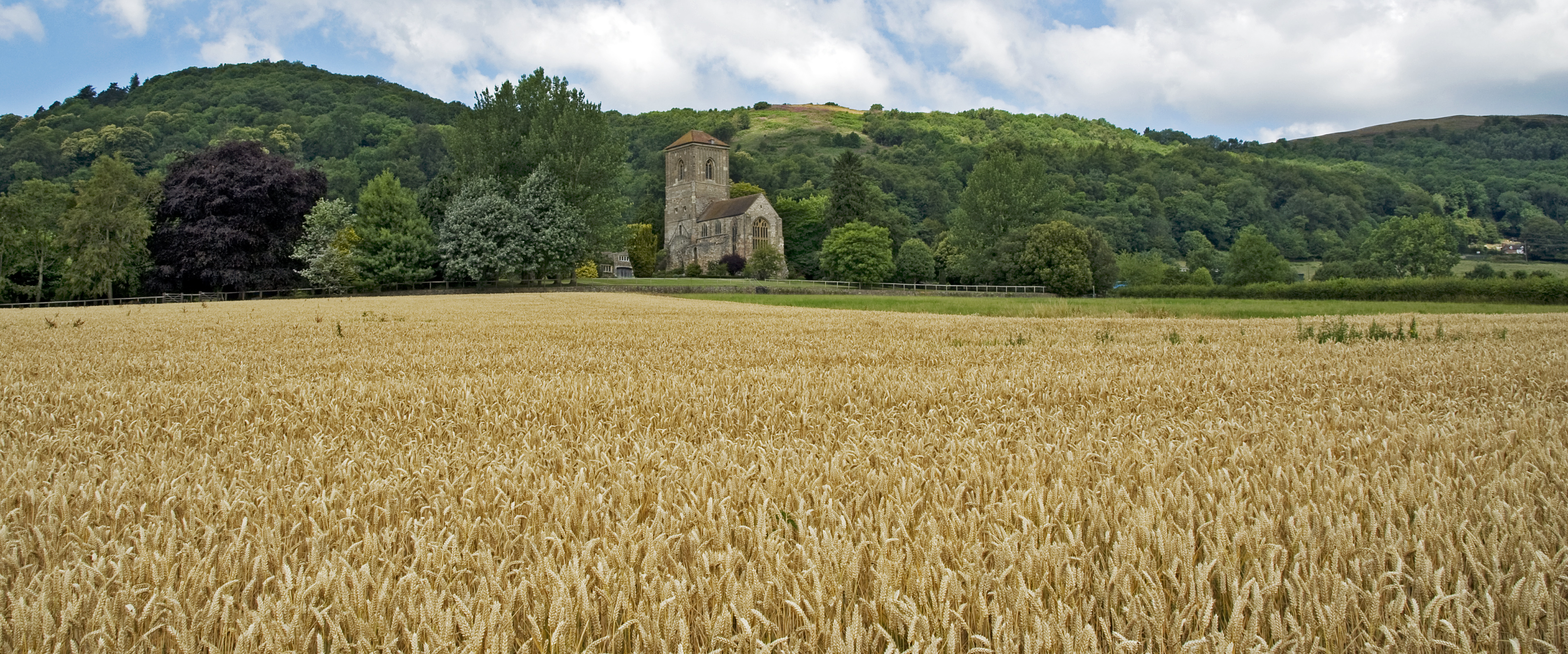Landscape-scale conservation
 Landscape-scale conservation is a holistic approach to landscape management, aiming to reconcile the competing objectives of nature conservation and economic activities across a given landscape. Landscape-scale conservation may sometimes be attempted because of climate change. It can be seen as an alternative to site based conservation.
Landscape-scale conservation is a holistic approach to landscape management, aiming to reconcile the competing objectives of nature conservation and economic activities across a given landscape. Landscape-scale conservation may sometimes be attempted because of climate change. It can be seen as an alternative to site based conservation.Many global problems such as poverty, food security, climate change, water scarcity, deforestation and biodiversity loss are connected. For example, lifting people out of poverty can increase consumption and drive climate change. Expanding agriculture can exacerbate water scarcity and drive habitat loss. Proponents of landscape management argue that as these problems are interconnected, coordinated approaches are needed to address them, by focussing on how landscapes can generate multiple benefits. For example, a river basin can supply water for towns and agriculture, timber and food crops for people and industry, and habitat for biodiversity; and each one of these users can have impacts on the others.
Landscapes in general have been recognised as important units for conservation by intergovernmental bodies, government initiatives, and research institutes.
Problems with this approach include difficulties in monitoring, and the proliferation of definitions and terms relating to it. Provided by Wikipedia
1
Published: c2002.
Links: Get full text
2
Published: c2007.
Links: Get full text
3
Published: [2022]
Superior document: Title is part of eBook package: De Gruyter Fordham University Press Complete eBook-Package Pre-2014
Links: Get full text; Get full text; Cover
4
Published: [2004]
Superior document: Title is part of eBook package: De Gruyter Columbia University Press eBook-Package Backlist 2000-2013
Links: Get full text; Get full text; Cover
